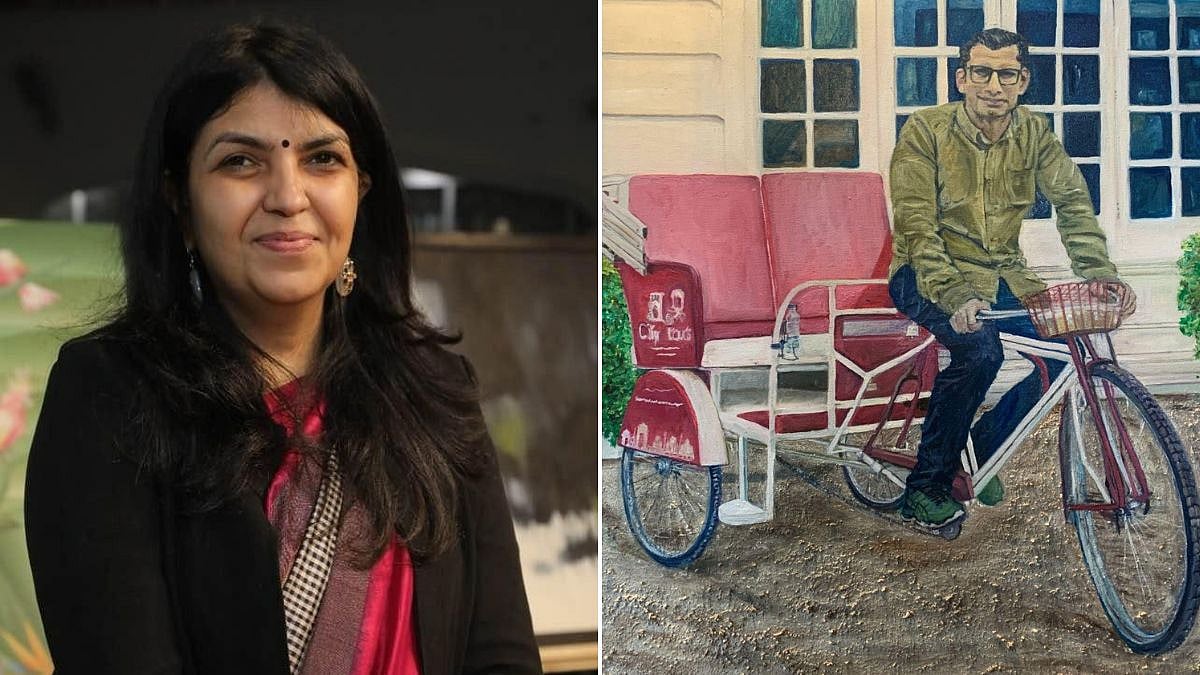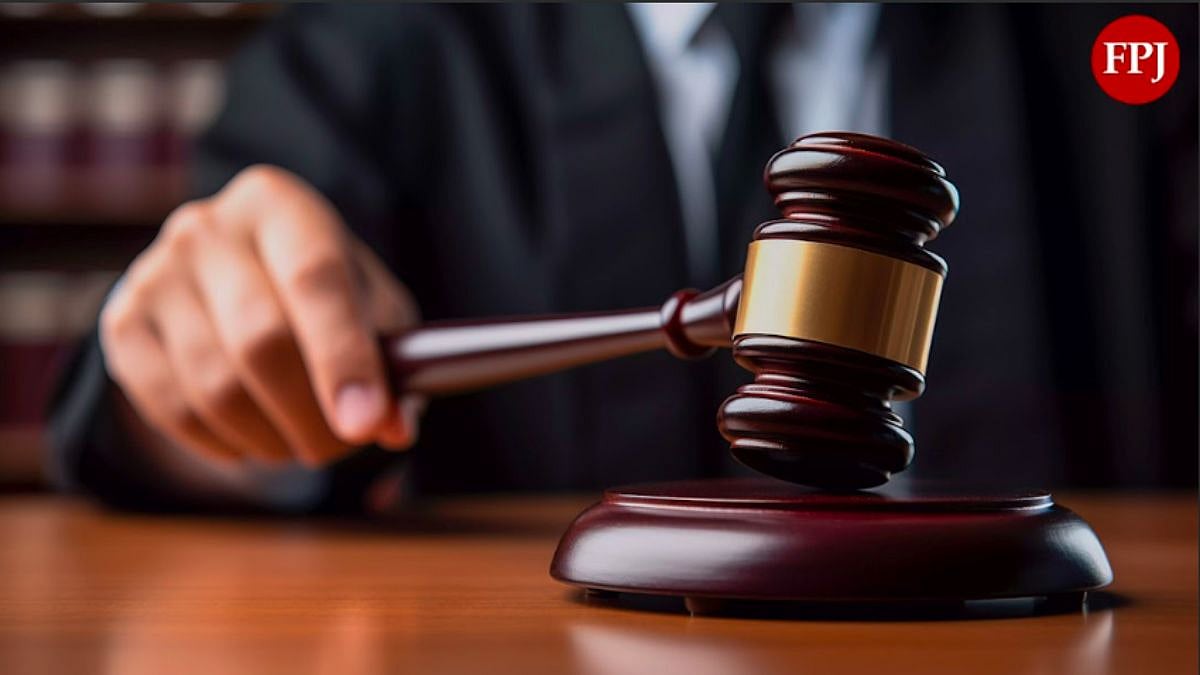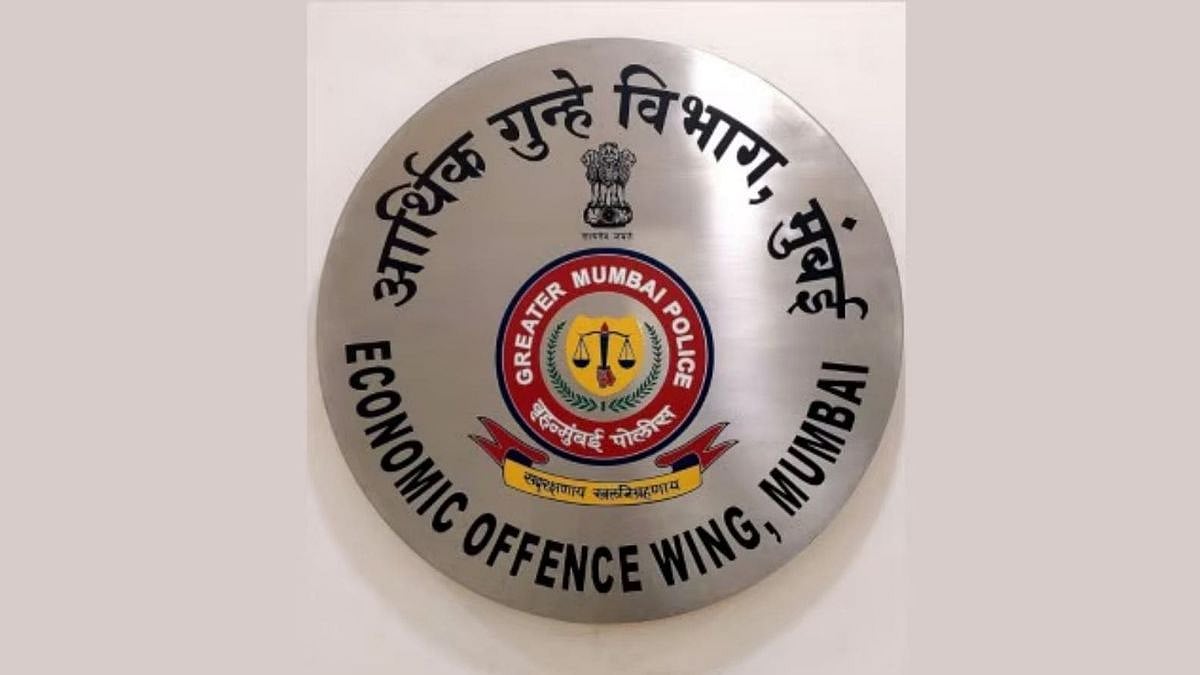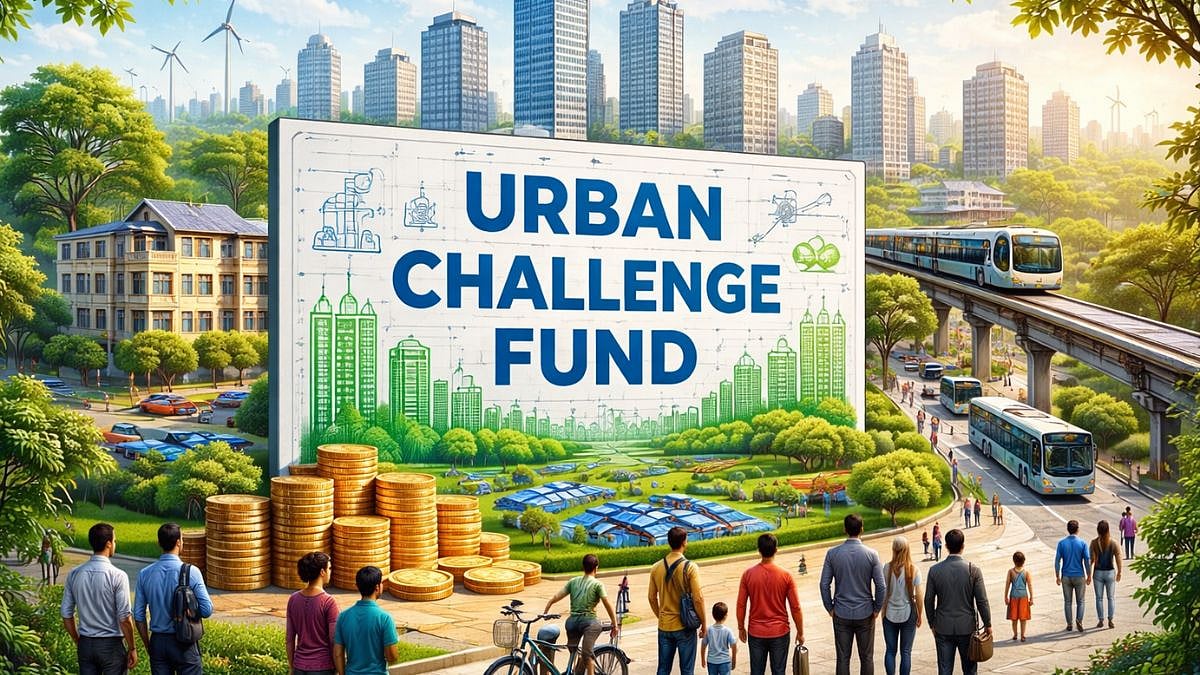I regret my inability to concur with the views expressed by the majority opinion on the validity of the 103rd Amendment on Question No. 3 since I feel – for reasons set out elaborately in the following opinion – that this court has for the first time, in the seven decades of the republic, sanctioned an avowedly exclusionary and discriminatory principle. Our Constitution does not speak the language of exclusion. In my considered opinion, the amendment, by the language of exclusion, undermines the fabric of social justice, and thereby, the basic structure.
The idea of the twin assurance of non-discrimination and equality of opportunity, is to oblige the state to ensure that meaningful equality is given to all. Similarly, the fraternal principle binds both the state and the citizen, as, without fraternity, liberty degenerates to individualistic indulgence. Without dignity, equality and liberty, are rendered hollow.
This inviolable bond, therefore, is part of the core foundation of our republic. Freedom from colonial rule was with the agenda of creating a democratic republic, reflecting the unique genesis of its nation, holding the people with diverse languages, cultures, religions with a common bond of egalitarianism, fraternity, and liberties, assuring dignity to all – the State and the citizens were to ensure that these were preserved, at all times, for each individual.
This principle of equality – nondiscrimination or non-exclusion, never had occasion to be considered in past decisions that examined amendments to the Constitution which dealt with different facets of equality…Thus the court did not adjudicate upon the nondiscriminatory or non-exclusionary principle. In each case, the facet of equality alleged to have been violated by a constitutional amendment, limited or affected property…
The earlier amendments were aimed at ensuring egalitarianism and social justice in an inherently unequal society, where the largest mass of people were impoverished, denied access to education, and other basic needs.
The irresistible conclusion is that non-discrimination – especially the importance of the injunction not to exclude or discriminate against SC/ST communities [by reason of the express provisions in Articles 17 and 15] constitutes the essence of equality: that principle is the core value that transcends the provisions themselves; this can be said to be part of the basic structure.
Can the fact that SC/ST and OBC communities are covered by reservations to promote their equality, to ensure that centuries old disadvantages and barriers faced by them (which are still in place, and is necessary to ensure their equal participation) be a ground for a reasonable classification? In my opinion, that cannot be the basis of classification.
None of the materials placed on the record contain any suggestion that the SC/ST/OBC categories should be excluded from the poverty or economic criteria based reservation, on the justification that existing reservation policies have yielded such significant results, that a majority of them have risen above the circumstances which resulted in, or exacerbate, their marginalization and poverty.
There is nothing to suggest how keeping out those who qualify for the benefit of this economic criteria reservation but belong to this large segment constituting 82% of the country’s population (SC, ST and OBC together), will advance the object of economically weaker sections of society.
As an aside, it may also be noted that according to the figures available, 45 districts are fully declared, and 64, partially declared, as Fifth Schedule areas, out of 766 districts in the country. Majority of the population of these areas are inhabited by members of scheduled tribes.
According to the Sinho Committee, 48.4% of all Scheduled Tribes are in the BPL (below poverty line) zone. This is 4.25 crores of the population. In this manner,the exclusion operates additionally, in a geographical manner, too, denying the poorest tribals, living in these areas, the benefit of reservation meant for the poor.
The exclusionary clause (in the impugned amendment) that keeps out from the benefits of economic reservation, backward classes and SC/STs…strikes a death knell to the equality and fraternal principle which permeates the equality code and non-discrimination principle.
Reservation is designed as a powerful tool to enable equal access and equal opportunity. Introducing the economic basis for reservation – as a new criterion, is permissible. Yet, the “othering” of socially and educationally disadvantaged classes – including SCs/ STs/ OBCs by excluding them from this new reservation on the ground that they enjoy pre-existing benefits, is to heap fresh injustice based on past disability.
The exclusionary clause operates in an utterly arbitrary manner. Firstly it “others” those subjected to socially questionable, and outlawed practices – though they are amongst the poorest sections of society. Secondly, for the purpose of the new reservations, the exclusion operates against the socially disadvantaged classes and castes, absolutely, by confining them within their allocated reservation quotas (15% for SCs, 7.5% for STs, etc.). Thirdly, it denies the chance of mobility from the reserved quota (based on past discrimination) to a reservation benefit based only on economic deprivation.
The net effect of the entire exclusionary principle is Orwellian (so to say), which is that all the poorest are entitled to be considered, regardless of their caste or class, yet only those who belong to forward classes or castes, would be considered, and those from socially disadvantaged classes for SC/STs would be ineligible.
Within the narrative of the classification jurisprudence, the differentia (or marker) distinguishing one person from another is deprivation alone. The exclusion, however, is not based on deprivation but social origin or identity. This strikes at the essence of the non-discriminatory rule.









